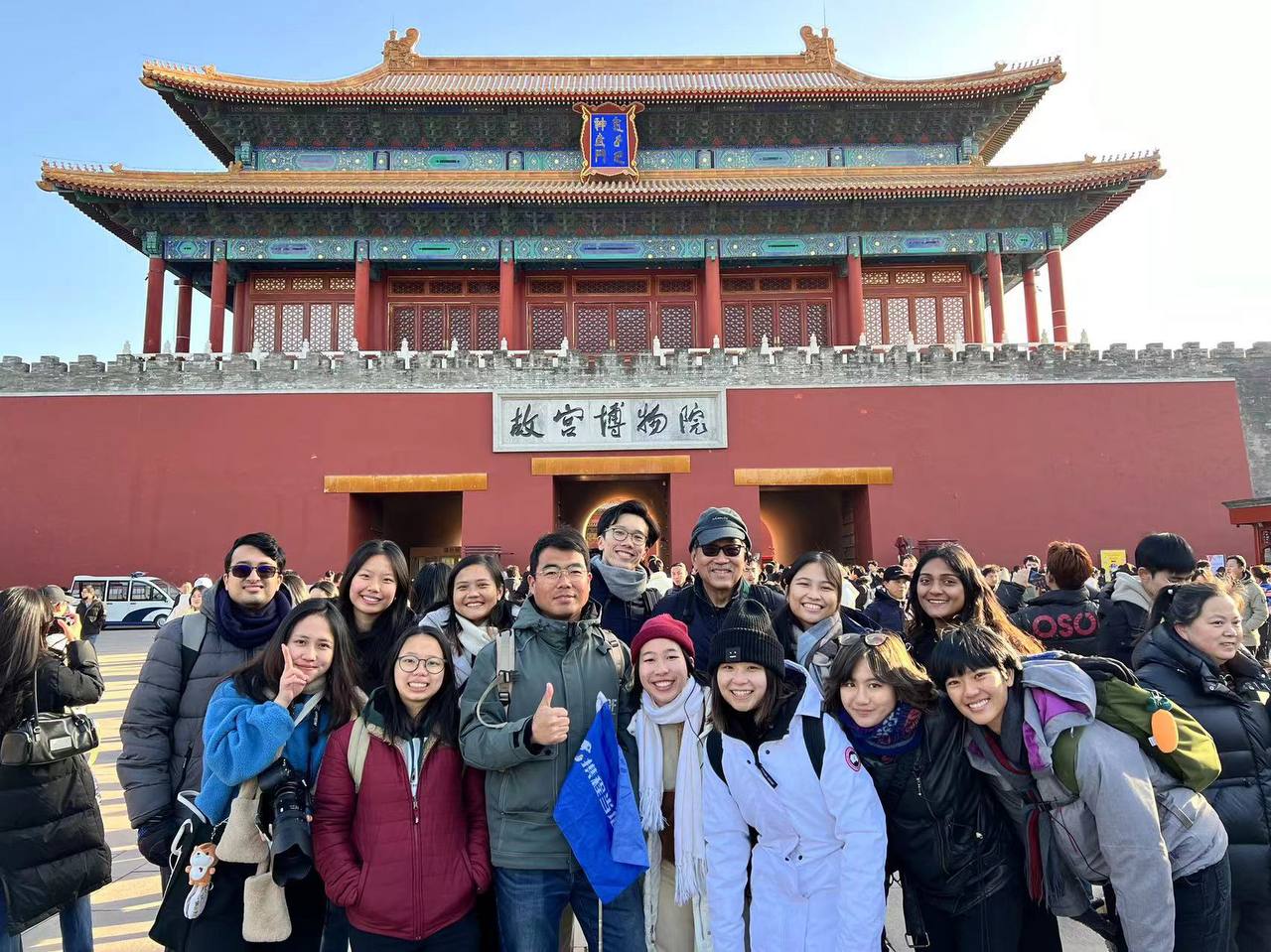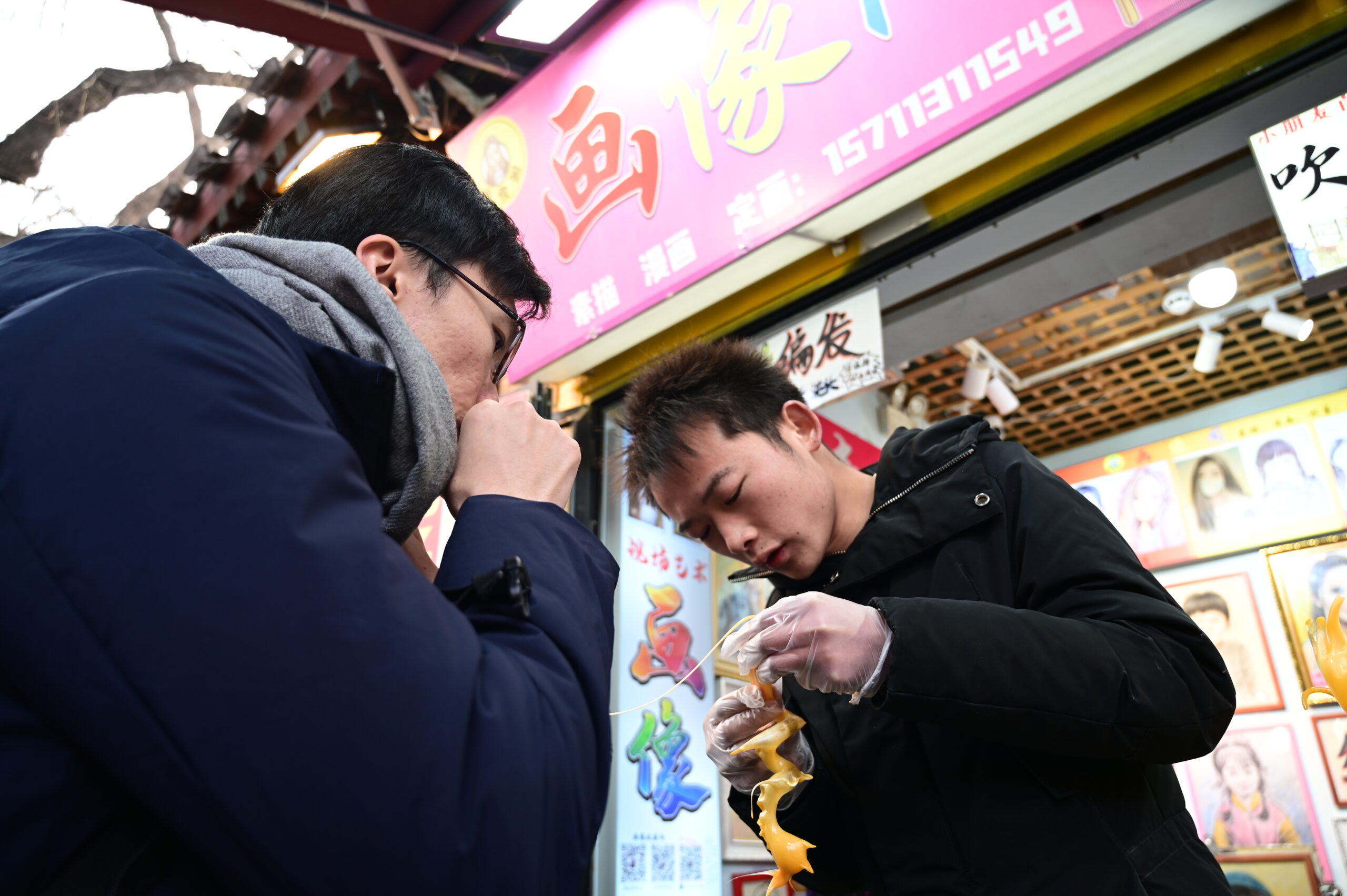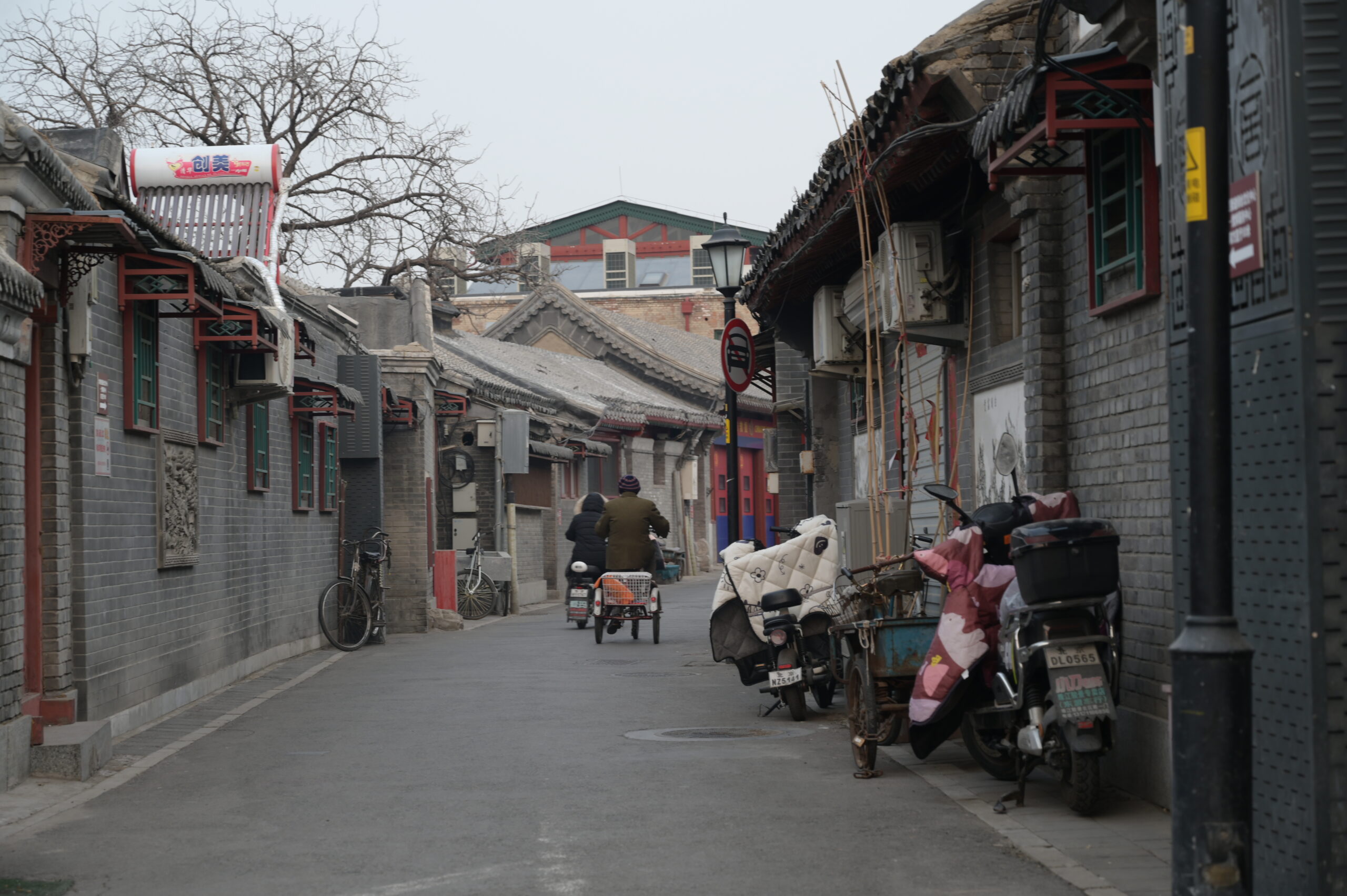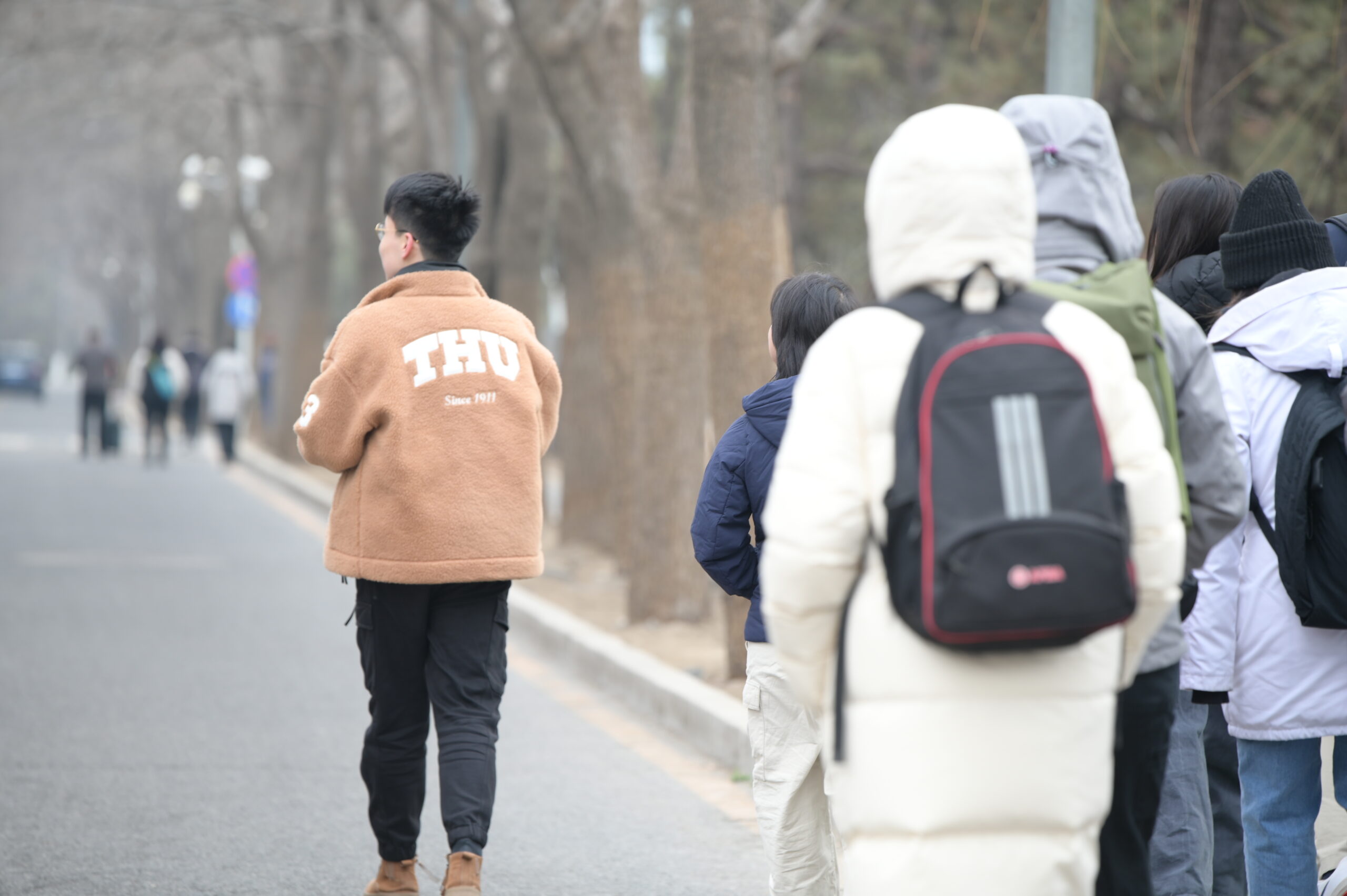Yale-NUS students embark on field trips to explore our urban heritage
Learning beyond the classroom
What are the similarities between Kampong Glam in Singapore and Qianmen Street in Beijing? Recently, a group of Urban Studies students travelled to Beijing, China to learn about urban heritage. They explored heritage attractions like the Summer Palace, heritage districts with hutongs (narrow streets associated with northern Chinese cities), courtyard houses that had been converted to hotels, and tried tasty heritage foods.
 Yale-NUS students at the Forbidden City. Image provided by Loe Luo.
Yale-NUS students at the Forbidden City. Image provided by Loe Luo.
Students on the field trip were enrolled in the course YSS4234 Urban Heritage: Place, Memory, Identity. Led by Associate Professor of Social Sciences (Sociology, Urban Studies) Ho Kong Chong, the course offers an advanced-level inquiry into the social pressures urbanisation places on “inherited” built forms and ways of life, with a key emphasis on in-depth understanding of the emergence of urban heritage landscapes in Asian cities.
This trip is the result of an education grant from the Ng Teng Fong Charitable Foundation, to support academic collaborations between the National University of Singapore (NUS) and Tsinghua University. During the trip, Yale-NUS students visited Tsinghua, toured its campus and museum, and connected with faculty members while exploring Tsinghua’s heritage.
Some of the students also compared the Tsinghua Museum and the NUS Lee Kong Chian Museum for their final paper on the University and Heritage.
“I’ve learnt that heritage transcends mere historical facts; it is deeply entwined with politics,” Abigail Teh (Class of 2024) shared, reflecting on her experiences in the class. “Heritage reveals whose stories are privileged and whose are marginalised or forgotten over time,” she added.
 Desmond Lee (Class of 2025) trying out sugar blowing at Nanluoguxiang, a popular commercial hutong street in Beijing. Image provided by Loe Luo.
Desmond Lee (Class of 2025) trying out sugar blowing at Nanluoguxiang, a popular commercial hutong street in Beijing. Image provided by Loe Luo.
In China, the team had a packed and exciting itinerary with visits to places ranging from the Forbidden City to the Beijing Art Museum. The team also made multiple visits to the city’s various hutong districts where older buildings dating back to the dynasty periods were preserved and reused for commercial and tourism purposes.
“A lot of these places showcased many forms of cultural heritage that were specifically tied to Beijing’s identity as a city,” Tushar Singh (Class of 2024) said. “It was a unique experience as I got to visit places that I probably would never have visited as a non-Chinese speaking tourist and saw a side of the city that would probably only be visible to locals,” they added.
 A quieter, non-commercialised hutong in Beijing. Image provided by Loe Luo.
A quieter, non-commercialised hutong in Beijing. Image provided by Loe Luo.
Even the food that the group ate was specifically curated to represent Beijing’s heritage. This included noodles with soybean paste for lunch and the famous Peking duck for dinner. Traditional street food such as jiao quan (deep fried dough), wan dou huang (sweet pea pudding), and dou zhi (fermented mung bean drink) were also on the menu as part of the team’s experiential food tour.
 Yale-NUS students visiting Tsinghua University. They received a tour of the campus and Tsinghua Museum. Image provided by Loe Luo.
Yale-NUS students visiting Tsinghua University. They received a tour of the campus and Tsinghua Museum. Image provided by Loe Luo.
To complement their fieldwork in Beijing, the students collected data from various sites in Singapore to engage in a comparative case study. Drawing a parallel between their experiences in Beijing and at Singapore’s Kampong Glam, Tushar noticed that there were very few elements of the original Malay Muslim community preserved, with the entire street redesigned to present a generic Middle Eastern Islamic look which may appeal to tourist activity. They found it interesting that some areas had “specific elements of heritage preserved while removing others to produce a specific place-identity”.
Overall, the field trips enriched the students’ class experiences. Abigail especially appreciated how much she learnt during the informal interviews the students were encouraged to conduct. “Although it took some getting used to, engaging in conversations with longstanding shop owners, local residents, hotel staff, tourists, and various other individuals proved to be incredibly enriching,” she shared. “These encounters elevated our field trip experience beyond passive observation, breathing life into the sites we visited.”





